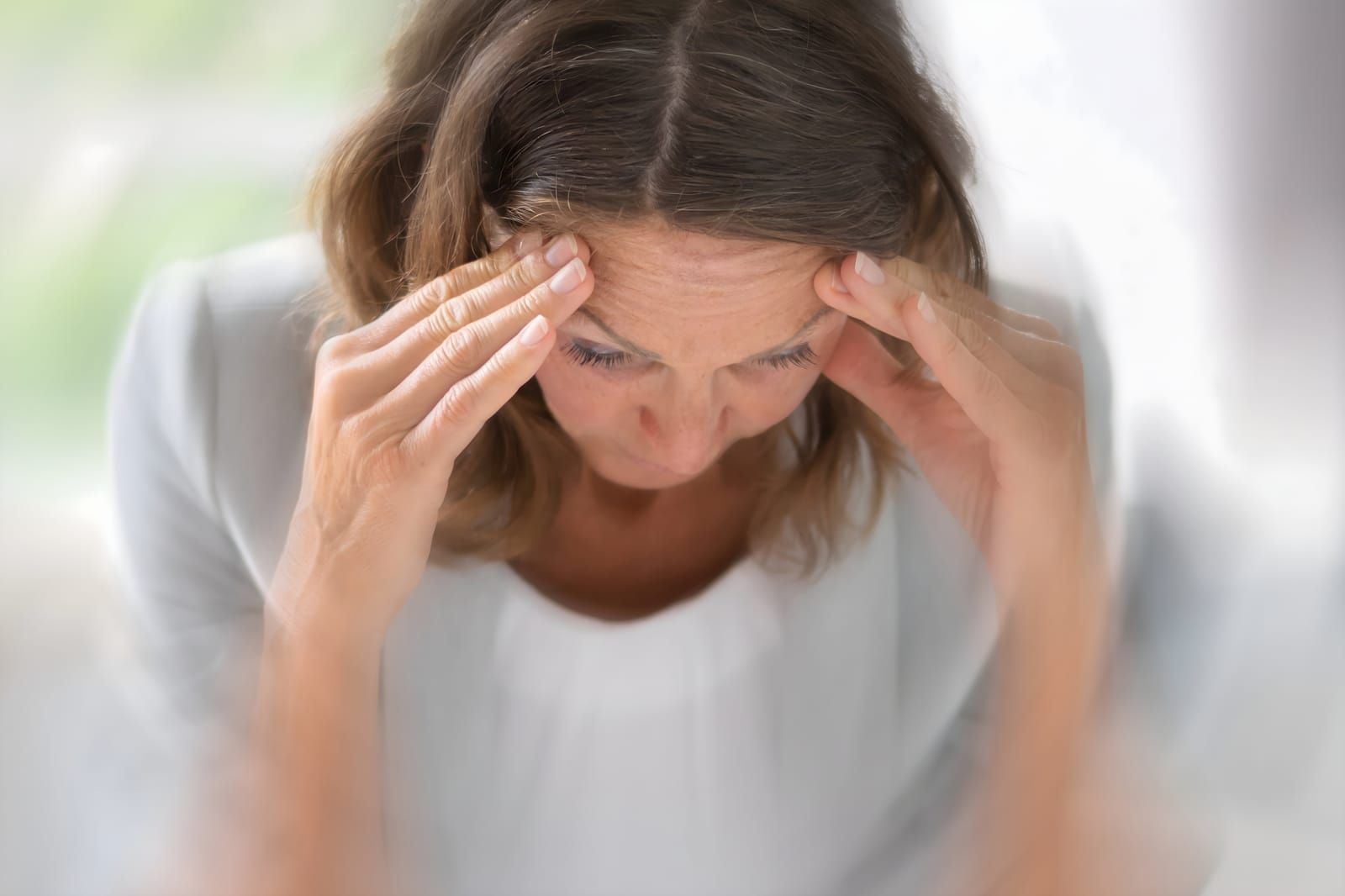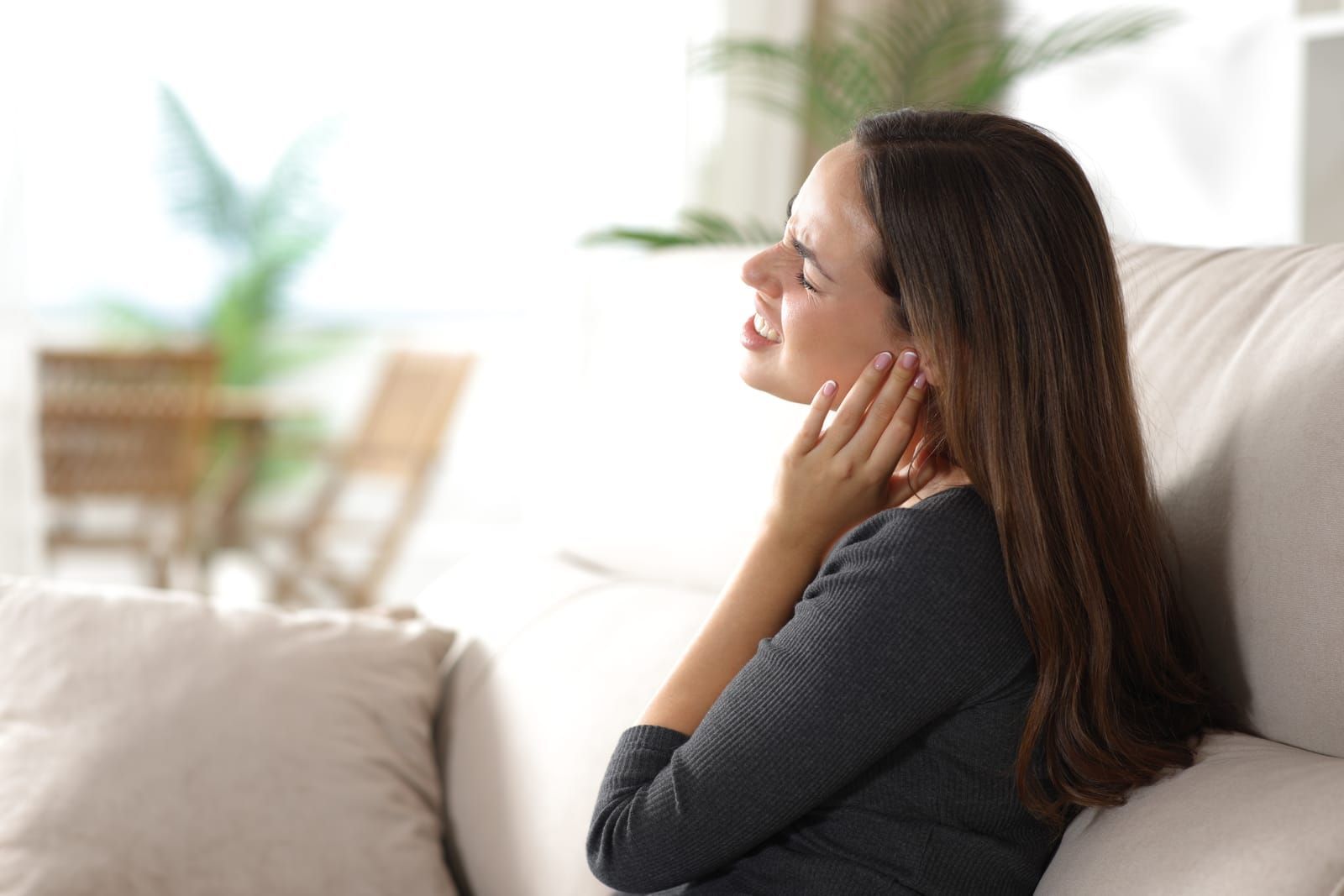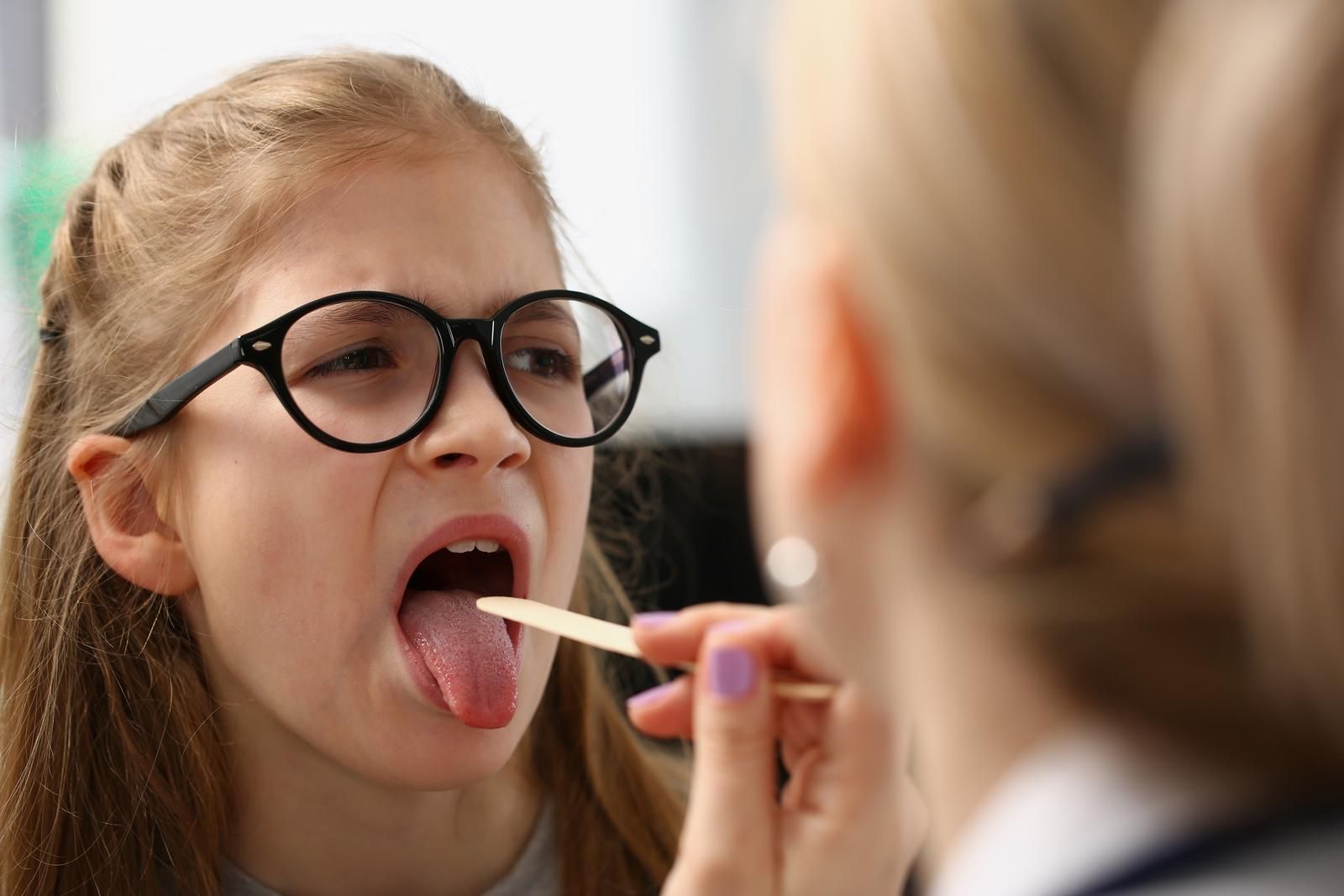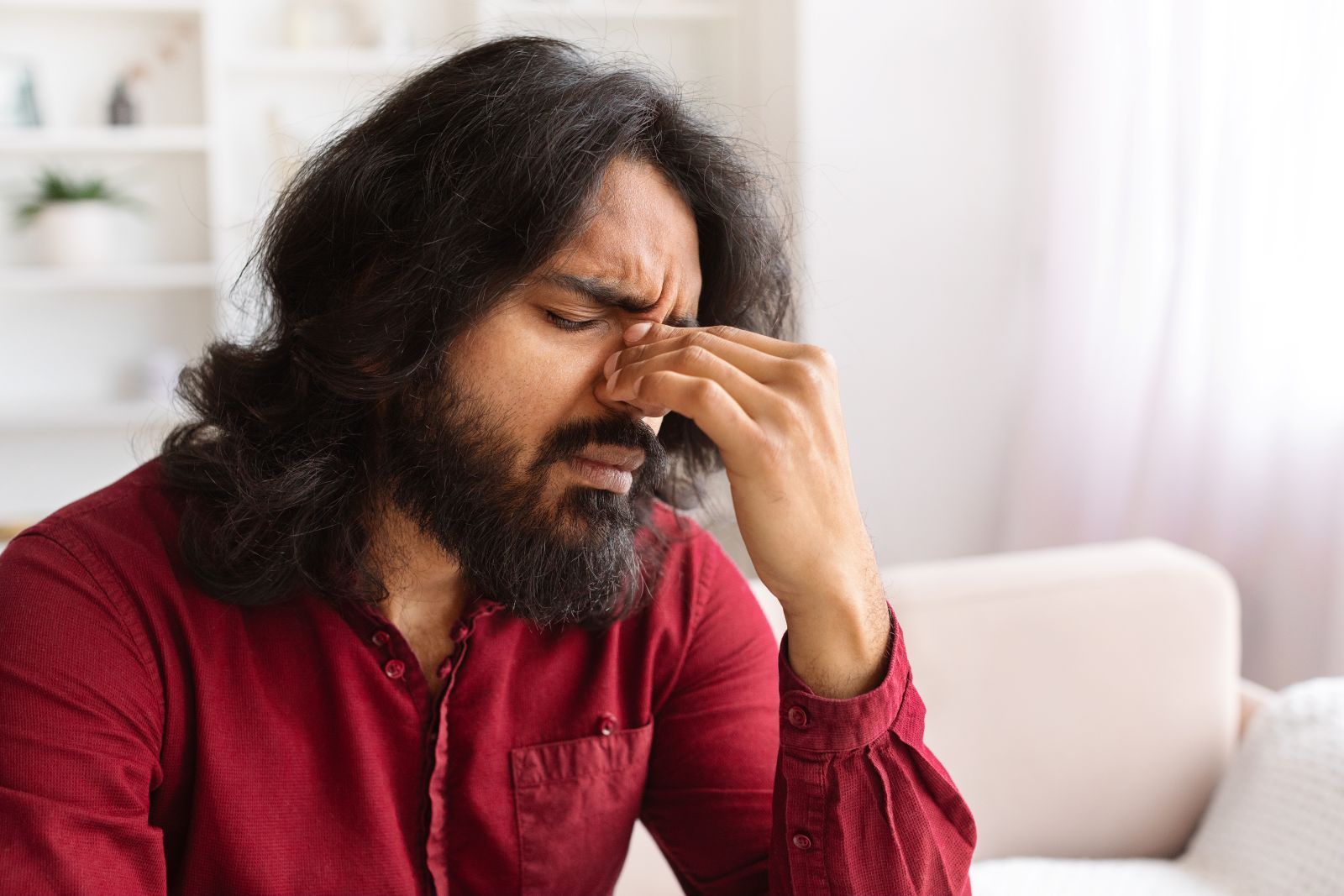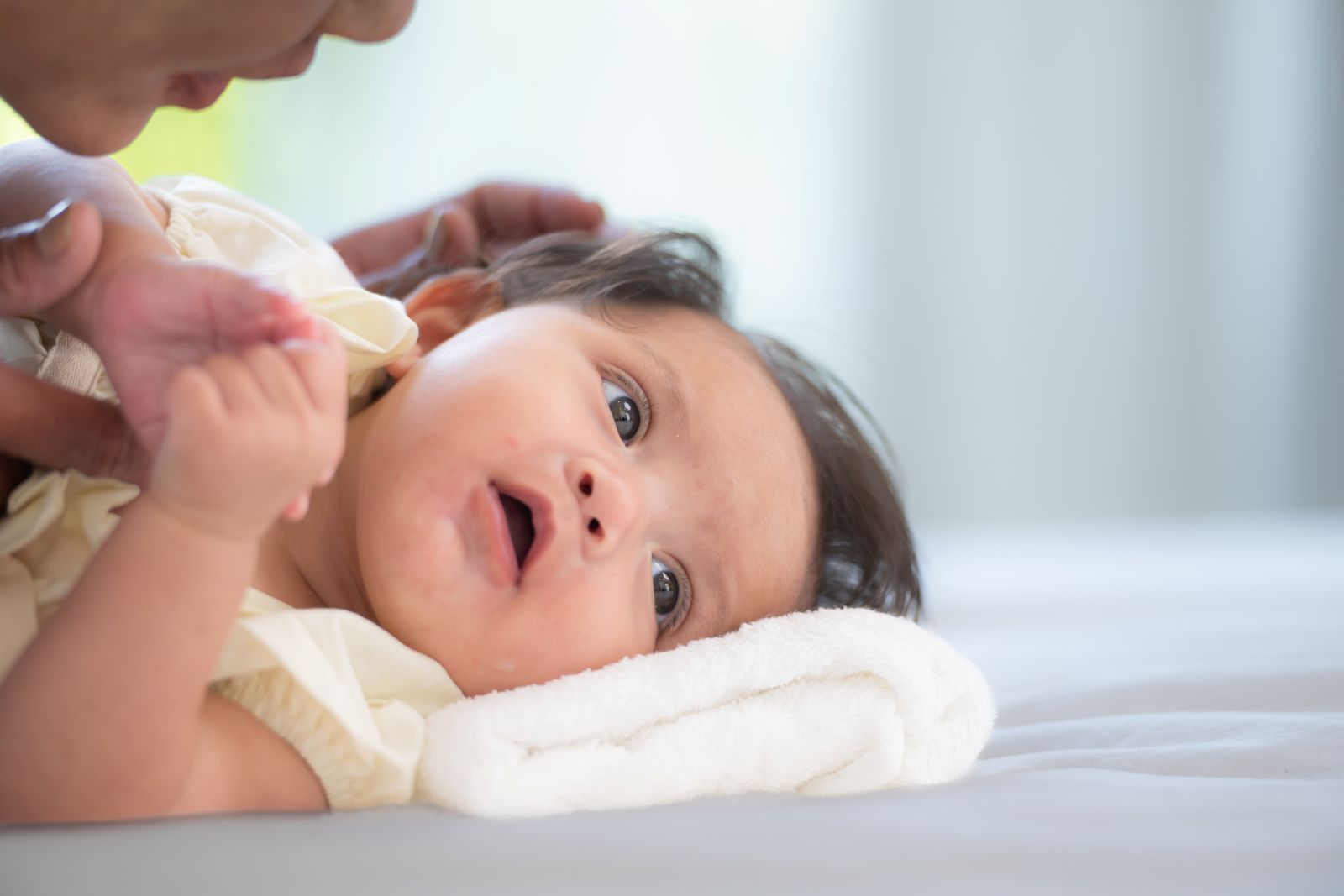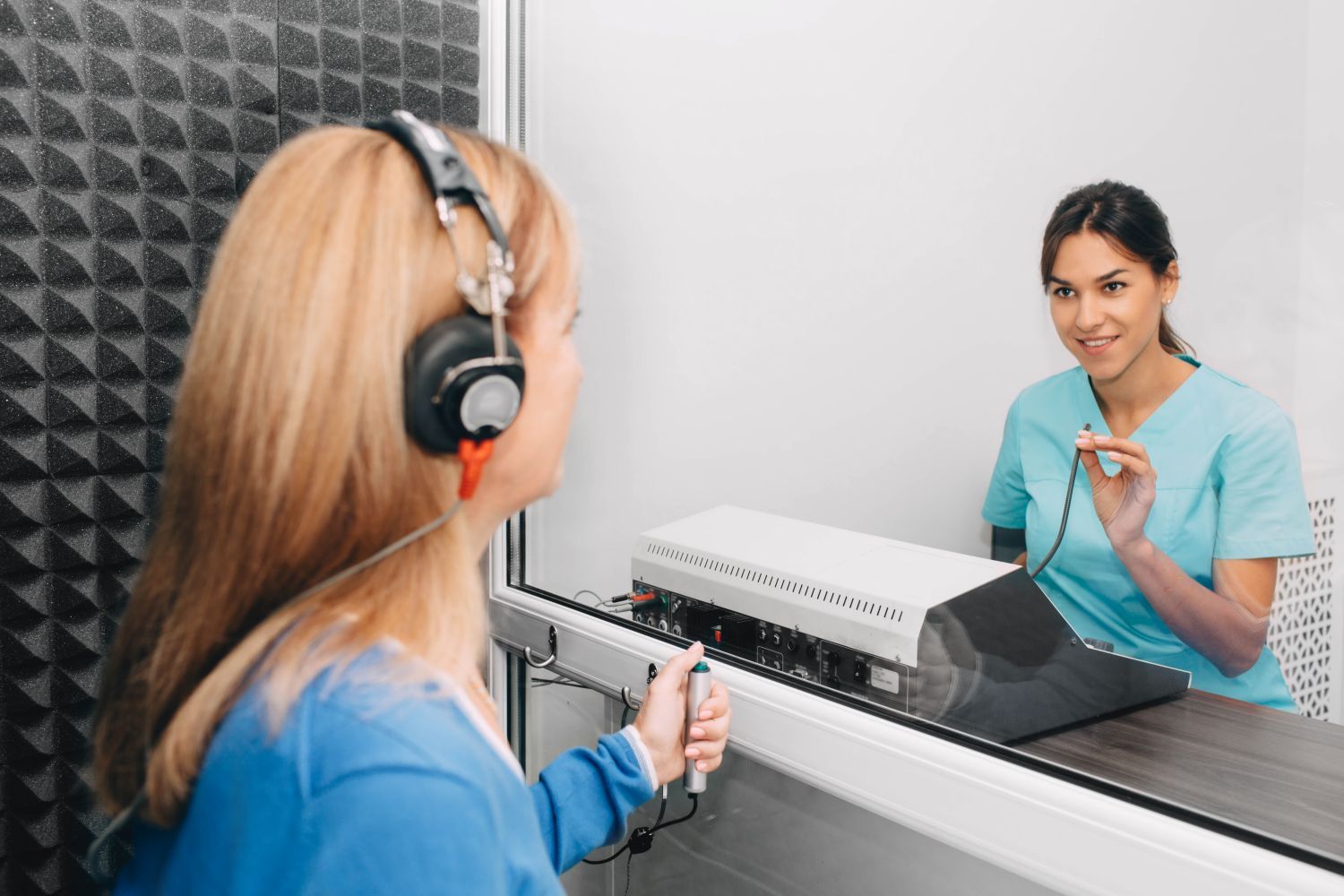Why Am I Experiencing Perceptive Deafness?
Perceptive deafness, also known as sensorineural hearing loss, is caused by defects in or harm to the auditory nerve or inner ear. Different types of hearing loss can be distinguished based on the location of the underlying issue. Injuries or conditions affecting the inner ear or auditory nerve result in perceptive or sensorineural deafness.
Perceptive deafness can affect one ear (unilateral) or both (bilateral). Although SNHL is not a life-threatening disorder, it might affect your ability to speak if it is not treated appropriately. Continue reading to find out all the symptoms of perceptive deafness and why you are experiencing them.
What Are the Symptoms of Sensorineural Hearing Loss?
Depending on the cause, sensorineural hearing loss (SNHL) may affect one or both ears. Without a hearing test, your symptoms might not be apparent if your SNHL develops gradually. The symptoms of abrupt SNHL will appear over the course of a few days. Many people wake up for the first time noticing sudden SNHL.
Symptoms include:
● Trouble hearing sounds in noisy environments
● Unsteadiness or balance issues
● Difficulty hearing high-pitched noises
● Difficulty understanding female and child voices
● You have the impression that noises and conversations are muffled and that you can hear but not understand them
● Tinnitus (ringing in your ears)
What Are the Primary Causes of Perceptive Deafness?
SNHL can be acquired or congenital, meaning it is present at birth. The following are possible SNHL causes:
Congenital
1 to 3 babies are affected by it per 1,000 births.
Children with hereditary hearing loss develop it for genetic reasons about half the time and the other half from environmental factors. Congenital hearing loss has been linked to more than 100 genes. Infections and a lack of oxygen can cause hearing loss.
Loud Sounds
SNHL may result from exposure to sounds louder than 85 dB. Even a single encounter with loud noises like gunshots or explosions can permanently harm one's hearing.
Presbycusis
Another name for hearing loss caused by aging is presbycusis. In the United States, between the ages of 65 and 74, approximately one in three adults experiences hearing loss. About half of people under 75 have some form of hearing loss.
Sudden Sensorineural Hearing Loss (SSHL)
A hearing loss of at least 30 decibels within three days is referred to as SSHL. 5 to 20 people out of every 100,000 are affected. It typically only impacts one ear. Deafness caused by SSHL can happen quickly or gradually over a few days. Many people only notice it after waking up, and it frequently affects one ear.
Sudden deafness can result from any of the following:
● Infections
● Head injury
● Autoimmune condition
● Certain treatments or medications
● Circulatory issues
Final Words
Living life while hearing distorted noises or missing out on discussions can be unpleasant and disheartening. You shouldn't be ashamed to ask for assistance. Your healthcare professional can decide how to improve your hearing so that you can again be in tune with the sounds around you.
Our team at ENT Medical and Surgical Group is available to answer any concerns you may have regarding all kinds of hearing loss. Contact us to make an appointment for our top-notch audiology and other medical services.




